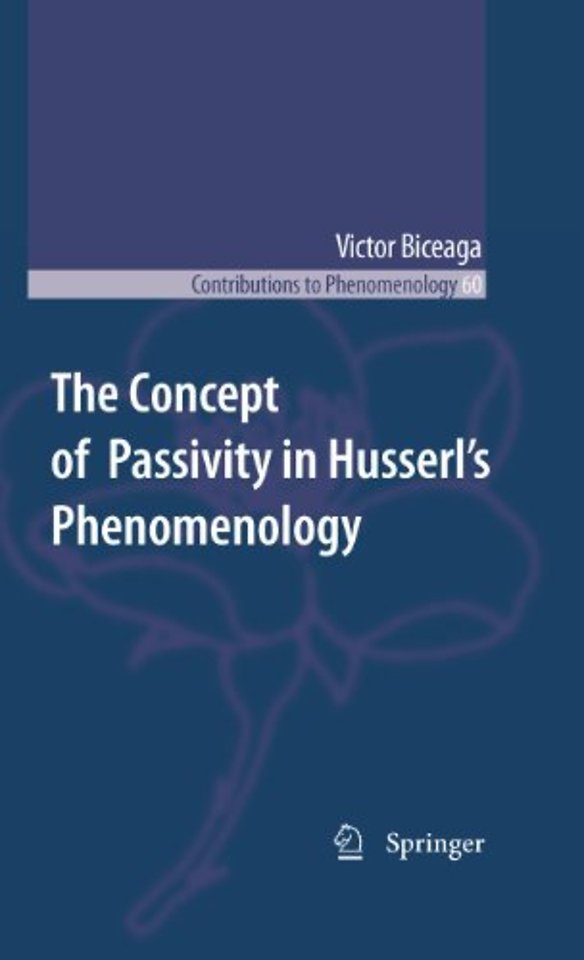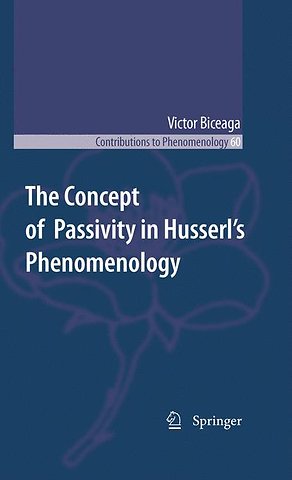The Concept of Passivity in Husserl's Phenomenology
Samenvatting
Building upon Husserl’s challenge to oppositions such as those between form and content and between constituting and constituted, The Concept of Passivity in Husserl’s Phenomenology construes activity and passivity not as reciprocally exclusive terms but as mutually dependent moments of acts of consciousness. The book outlines the contribution of passivity to the constitution of phenomena as diverse as temporal syntheses, perceptual associations, memory fulfillment and cross-cultural communication. The detailed study of the phenomena of affection, forgetting, habitus and translation sets out a distinction between three meanings of passivity: receptivity, sedimentation or inactuality and alienation. Husserl’s texts are interpreted as defending the idea that cultural crises are not brought to a close by replacing passivity with activity but by having more of both.
Specificaties
Inhoudsopgave
<P><STRONG>Chapter I. Passivity and Self-temporalization. </STRONG>1. Time-consciousness and association. 2. The three levels of temporality. 3. Double intentionality. 4. Time-consciousness and alterity. 5. Rhythm.</P>
<P><STRONG>Chapter II. Originary Passivity</STRONG>. 1. Association as a topic of phenomenological inquiry. 2. Primordial associations. 3. Similarity and contrast as conditions of possibility for hyletic unities. 4. The lawfulness of associations. 5. Passivity and affection.</P>
<P><STRONG>Chapter III. Secondary Passivity</STRONG>. 1. Memory as image consciousness. 2. Memory as reproductive presentification. 3. Memory and objectivity. 4. Forgetting.</P>
<P><STRONG>Chapter IV. Passivity and Crisis. </STRONG>1. The concept of habitus. 2. Passivity and language: the problem of translation. 3. Reason versus passivity.</P>
<P><STRONG>Chapter V. Passivity and Alterity.</STRONG> 1. The problem of embodiment: passivity and self-alterity. 2. Passivity and intersubjectivity. 3. Passivity and alien cultures.</P>

